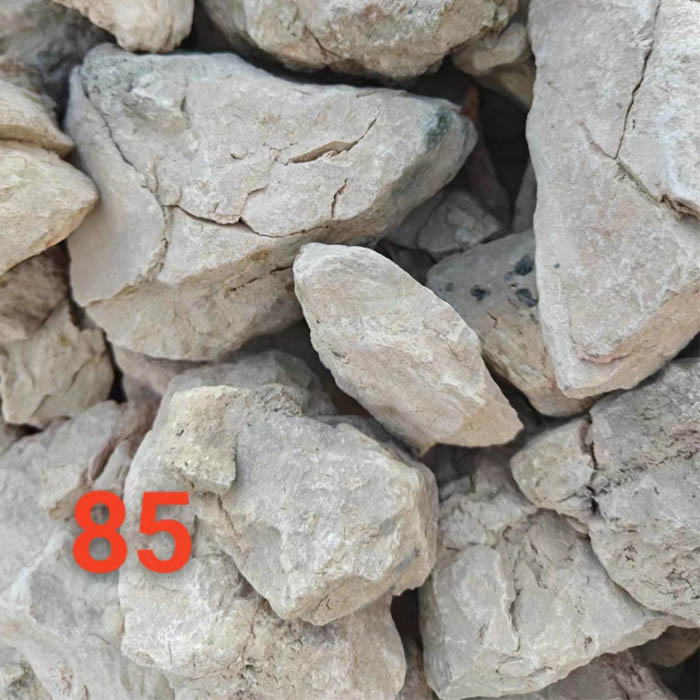Jul . 25, 2024 06:23 Back to list
Aerosol Pricing and Thermal Insulation Material Manufacturing Insights and Trends for 2023
The Pricing and Application of Aerogel as a Thermal Insulation Material
Aerogel, often referred to as “frozen smoke,” is a remarkable material known for its extraordinary thermal insulation properties. Made primarily of silica, aerogels are highly porous, light, and possess a low thermal conductivity, making them an exceptional choice for various insulation applications across several industries. As the demand for efficient thermal insulation grows, understanding the pricing and production of aerogels becomes crucial for manufacturers and consumers alike.
What is Aerogel?
Aerogel is a synthetic, ultra-light solid derived from a gel in which the liquid component has been replaced with a gas. This unique structure contributes to its excellent insulating capabilities. With a variety of formulations, aerogels can be produced from silica, carbon, or even polymer bases, further expanding their applications. Silica aerogels are the most common and are known for their exceptional thermal performance, with thermal conductivities as low as 0.013 W/m·K.
Pricing Factors
The price of aerogels can vary significantly based on several factors, including raw material costs, production methods, and market demand. Typically, aerogels are more expensive compared to traditional insulation materials such as fiberglass or foam. The manufacturing process involves sophisticated methods such as supercritical drying, which contributes to the high costs associated with production. As of 2023, the price of aerogel materials can range from $20 to $300 per square meter, depending on the specific type and application.
Production facilities dedicated to aerogel manufacturing often focus on optimizing processes to reduce costs. Innovations in production techniques, such as scaling up manufacturing capabilities or developing alternative low-cost materials, can lead to lower prices in the future. As more factories begin producing aerogels, economies of scale may drive down commercial prices, making this cutting-edge material more accessible to a broader market.
Applications of Aerogel in Thermal Insulation
aerogel price thermal insulation material factory

The unique properties of aerogel make it suitable for a wide range of applications, particularly in industries where thermal insulation is critical. In the building sector, aerogels can be incorporated into wall panels, windows, and roofs to improve energy efficiency and meet modern sustainability requirements. These applications are particularly beneficial in extreme weather conditions, where maintaining a stable indoor temperature is essential.
In the aerospace sector, aerogels are utilized in the insulation of spacecraft and satellite components. The lightweight nature of aerogels significantly reduces the overall weight of these structures without compromising on thermal protection, which is vital for mission success.
Another notable application is in the oil and gas industry, where aerogels serve as insulating materials for pipelines and equipment operating in extreme temperature conditions. Their ability to withstand harsh environments while providing superior insulation helps companies to meet performance standards and reduce energy losses.
Future Outlook
The future of aerogels as thermal insulation materials looks promising. With increasing awareness regarding energy efficiency and sustainable building practices, the demand for innovative materials like aerogels is likely to rise. Ongoing research into reducing manufacturing costs and enhancing the properties of aerogels will play a crucial role in expanding their market reach.
Furthermore, as environmental regulations tighten globally, industries will have to adopt more effective insulation solutions. Aerogels, owing to their superior thermal performance and lightweight characteristics, could become a staple in achieving energy-efficient designs.
In conclusion, while the current price of aerogel insulation materials may appear high, their unique properties and potential for cost reduction through advancements in production techniques suggest a bright future ahead. As technology progresses and the focus on energy efficiency intensifies, aerogels may very well redefine thermal insulation standards in multiple industries.
-
Eco-Friendly Granule Covering Agent | Dust & Caking Control
NewsAug.06,2025
-
Fe-C Composite Pellets for BOF: High-Efficiency & Cost-Saving
NewsAug.05,2025
-
Premium Tundish Covering Agents Exporters | High Purity
NewsAug.04,2025
-
Fe-C Composite Pellets for BOF | Efficient & Economical
NewsAug.03,2025
-
Top Tundish Covering Agent Exporters | Premium Quality Solutions
NewsAug.02,2025
-
First Bauxite Exporters | AI-Optimized Supply
NewsAug.01,2025
